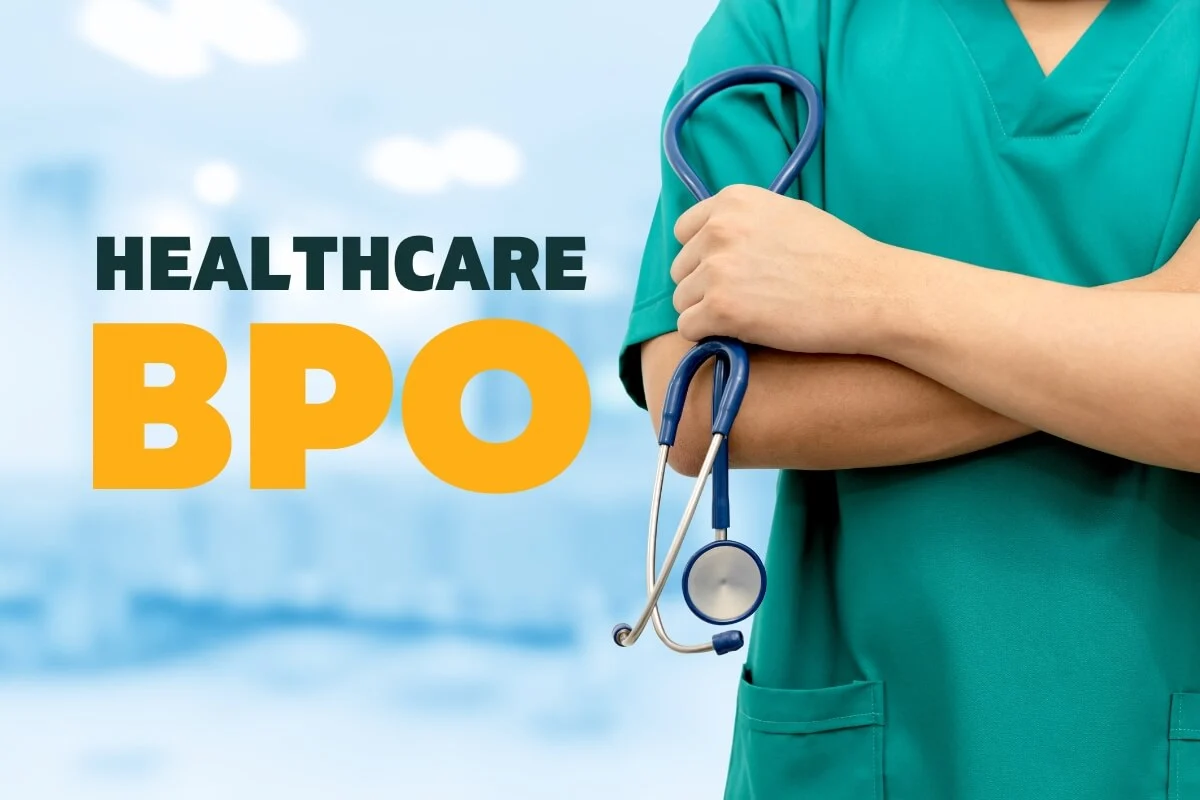In the realm of healthcare services, the efficiency and effectiveness of a call center can significantly impact patient satisfaction, operational costs, and overall service quality. Healthcare call centers, also known as healthcare BPO (Business Process Outsourcing) centers, play a crucial role in managing inbound inquiries, appointment scheduling, patient support, and more. Here are ten essential tips to enhance the performance of your healthcare call center:
1. Implement Robust Training Programs
Effective training is foundational for call center agents. Equip them with comprehensive knowledge about healthcare processes, medical terminology, and customer service skills. According to industry data, well-trained agents can resolve issues 77% of the time during the first call.
2. Utilize Advanced Call Routing Systems
Inbound call center services benefit greatly from intelligent call routing. Implement systems that direct calls to the most appropriate agents based on skill set, issue complexity, and priority. This approach reduces wait times and enhances customer satisfaction.
3. Leverage Technology for Efficiency
Integrate CRM (Customer Relationship Management) systems and telephony software to streamline workflows. Automated workflows can reduce average call handling times by up to 20%, improving overall operational efficiency.
4. Ensure Compliance with Healthcare Regulations
Maintaining compliance with HIPAA (Health Insurance Portability and Accountability Act) regulations is non-negotiable. Regular audits and training on data security protocols are essential to safeguard patient information.
5. Implement Quality Assurance Measures
Establish rigorous quality assurance protocols to monitor calls and assess agent performance. Utilize metrics such as average handling time, first call resolution rate, and customer satisfaction scores to continuously improve service delivery.
6. Offer Multi-Channel Support
Patients expect flexibility in communication channels. Provide options such as phone calls, emails, live chat, and SMS to cater to diverse preferences. This approach can increase patient engagement and accessibility.
7. Focus on Patient-Centric Communication
Train agents to adopt a compassionate and patient-centric approach. Empathy and active listening skills are crucial in healthcare interactions, fostering trust and satisfaction among callers.
8. Deploy Predictive Analytics
Harness the power of data analytics to forecast call volumes, identify trends, and optimize staffing levels. Predictive analytics can help preemptively address peak times and improve resource allocation.
9. Offer 24/7 Support
Healthcare demands around-the-clock availability. Consider outsourcing after-hours support to ensure patients receive assistance whenever they need it. This approach enhances accessibility and patient loyalty.
10. Regularly Update the Knowledge Base
Healthcare practices evolve rapidly. Maintain an up-to-date knowledge base for agents to access the latest medical guidelines, service offerings, and procedural updates. This ensures accurate information dissemination during calls.
Conclusion
By implementing these ten tips, healthcare call centers can optimize operations, enhance patient satisfaction, and achieve greater efficiency. Investing in training, technology, and compliance ensures that call centers not only meet but exceed patient expectations in today’s healthcare landscape. Embracing these strategies will undoubtedly supercharge your healthcare call center and set a benchmark for excellence in customer service within the industry.
Remember, a well-run healthcare call center isn’t just a support function—it’s a vital component of patient care and satisfaction.



